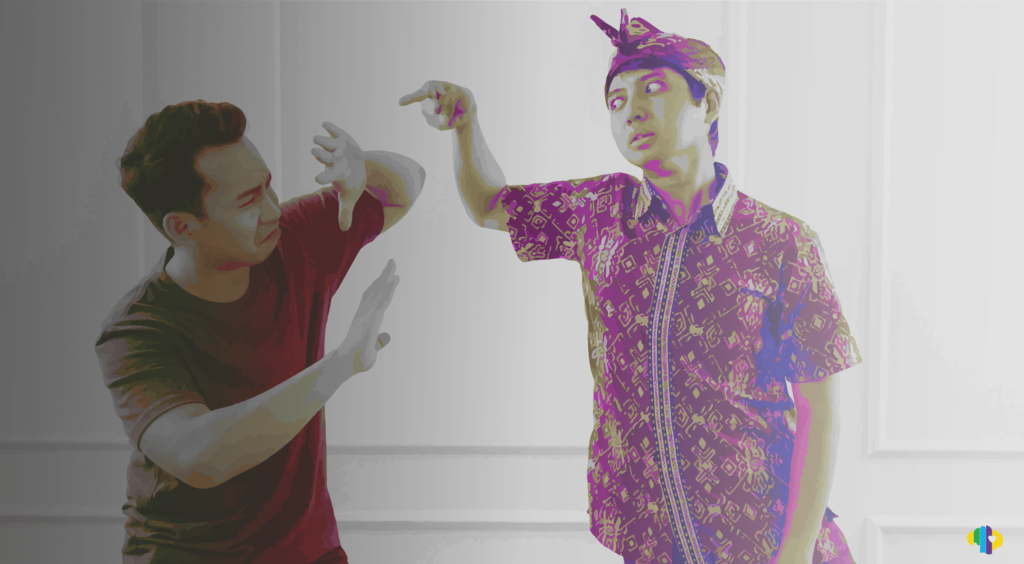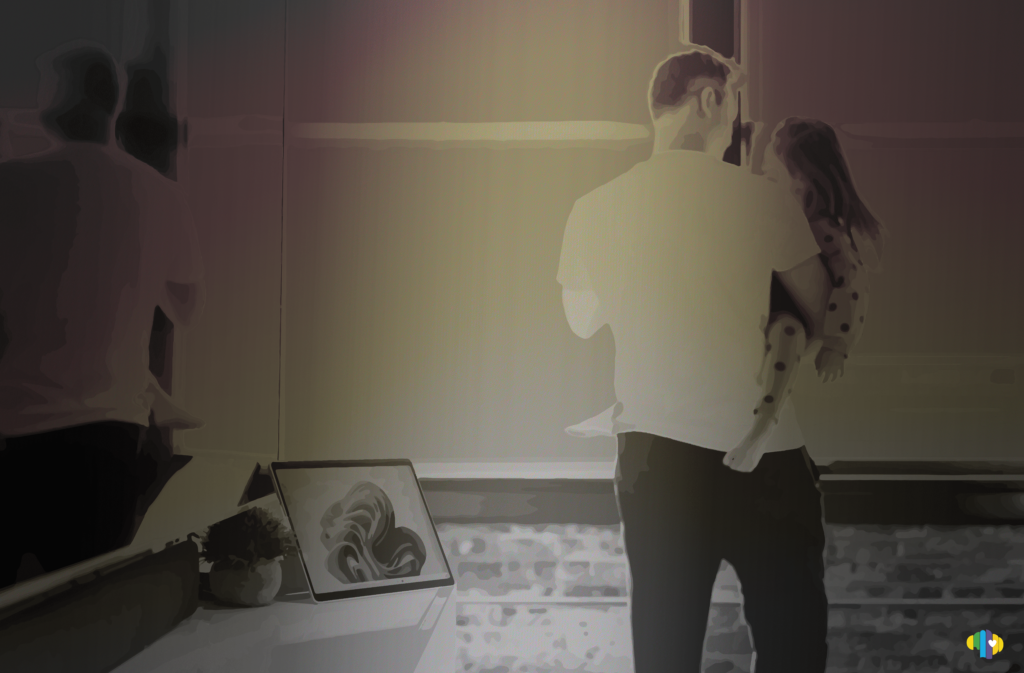Dysfunctionality and mental health
Dysfunctional behaviours include a range of negative feelings and behaviours. It can happen a lot and cause a lot of problems. Dysfunctional behaviour often starts with families.
Many people who are in relationships suffer dysfunctionality due to ongoing conflicts with their partners. It may be unusual or abnormal behaviour that interferes with their mental health. It can occur in families, any type of relationship or in unusual circumstances.
For some people, dysfunctional behaviour is something they are not used to as it may not seem normal to them. It is best to remain calm and try different exercises and breathing techniques in order to stay calm.

Dysfunctional families
Negativity, child abuse and neglect are all common in a dysfunctional household. Children from dysfunctional homes frequently have low self-confidence and self-esteem. They believe that their behaviour is typical as they get older.
Whereas in a functional family there is respect and love for each other and trust one another. There is conflict and mistrust between parents and children in dysfunctional families. However, there is a level of mistrust and disloyalty even among adults.
Family members do not provide a safe environment for a youngster to grow up in due to the level of toxicity. It does leave mental health problems in youngsters as they progress later in life.
Many dysfunctional families do not value apologies and do not pay attention to other thoughts and feelings.
There is no such thing as a perfect family and you do not get to choose your family when you are born or raised.
Factors that trigger dysfunctionality
There are factors in a family that involve dysfunctional behaviours that include both internal and external.
These factors may include:
- Finances
- Violence
- Authority
- Strong religious beliefs
These are just some of the factors that can have a negative impact on children and young adults. When a family is experiencing or has faced difficult financial hardships it puts additional strain on an adult’s mental health.
This can cause stress and becomes toxic which leads to more dysfunctional behaviour amongst family members. When a family faces financial difficulties, the parents may have concerns which cause cracks in the family resulting in arguments and irrational behaviour.
The violence of any kind between family members is also dysfunctional as it can worsen conditions and cause huge problems that cannot be solved. Violence can lead to fear, erratic behaviours and violence between parents toward the children.
Expressing your religious opinions to others within your family may cause problems due to them not agreeing or having different views and perspectives.
This can cause mishaps between family members as they do not agree with your religious views and would think you are not a part of the family.
If a family has strong religious beliefs then it would be quite difficult to reason with or have a civilised conversation.
Parents may become strict for no reason or believe that their views and beliefs are better than others. This can lead to dysfunctionality which makes it harder to overcome.

Signs of dysfunctionality
There are various signs of dysfunctionality even though they can be hard to spot. One of the signs may include pleasing people and agreeing to everything they do. This can be a sign that they are from a dysfunctional family.
Some people may sacrifice their needs to help others and fulfil others’ needs which is another sign of dysfunctionality.
This may be because the child has been abandoned or may have the feeling they are going to be abandoned if they don’t do as they’re told.
You may feel guilty if other people’s situations or behaviours are under your control. If this is the case then you may be from a dysfunctional family.
A young person may feel responsible for the dysfunctionality occurrences that are happening in their family because of not speaking up or siding with their family in certain situations.
People that are showing signs of dysfunctionality should show high levels of anxiety and may feel isolated and empty. Children may feel their family doesn’t value them and may think they are the cause of the arguments and problems that occur within the family.
Young people should get treatment or should contact different organisations and helplines in order to stay safe and away from all types of violence within the family. Many young people may feel anxious or depressed due to not being able to speak out against dysfunctionality.
Lack of communication is one of the main causes of a dysfunctional family. Members of a dysfunctional family are unable to interact honestly with one another and may have major communication issues. Issues are not paid attention to and are never discussed. Family members rarely listen to each other and prefer to communicate in other ways that are deemed necessary.
Additional factors that affect family dysfunctionality
Children in dysfunctional families may develop suspicious behaviour. Parents who are strict and cruel to their children will cause damaging effects which would result in hatred and anger.
Parents that pressurise their children may affect the way they perform as it could lead to dysfunctional behaviour. This would make young people paranoid and delusional so that they become perfectionists.
Dysfunctionality can occur between children, adults and anyone who has suffered abuse throughout the early stages of their lives. If parents do not monitor their children’s behaviour and attitudes then it can take a turn for the worst.
Loneliness and no emotional support can affect many people in many different ways which can lead to further risks to their mental health.
If no support was available the individual would feel betrayed and neglected making it difficult for them to move and cope with all the abuse.
Conclusion of Dysfunctional families
Many people who have faced dysfunctionality don’t tell anyone as they may feel something would happen to them or it would lead to bigger consequences.
However, it is ok to tell someone about the abuse you are facing as talking about it helps and there would be solutions and alternatives provided in order to combat family dysfunctionality.



